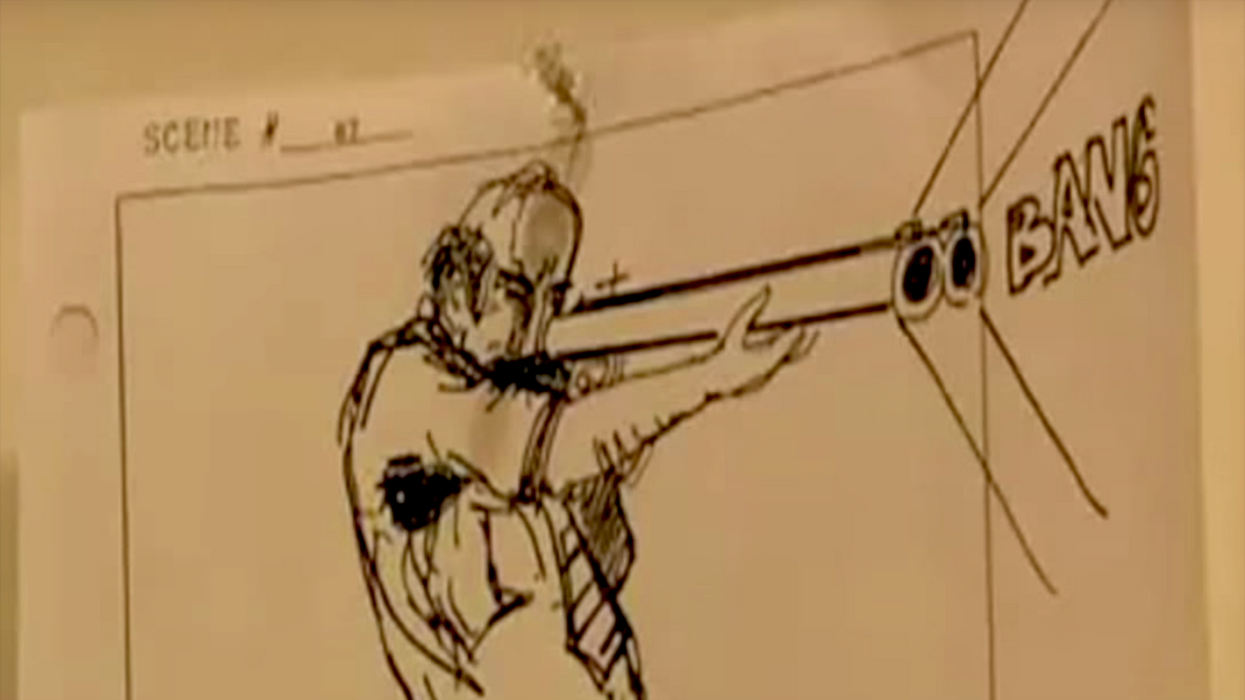They can help you "see" the film before you even turn on the camera, find storytelling issues, sell your idea, and get everybody working on the project on the same page. If you're interested in knowing more about the world of storyboarding, who better to learn from than J. Todd Anderson, who has been the Coen Brothers' go-to storyboard artist from Raising Arizona to Inside Llewyn Davis.
For many indie and micro-budget filmmakers, the responsibility of storyboarding falls on the director, DP, or even a friend who can draw. What little money meets our hands is probably not going to be spent hiring a storyboard artist, but that doesn't mean the craft isn't an important part of production. It helps filmmakers visualize their film before they shoot, as well as work efficiently when they do shoot. Anderson says:
It's my job to get what's inside a director's head on the paper. It's not my job to create the shot. It's my job to interpret their language into a visual language. It's very important that I get as close to the image that's in their brain on the paper, so that everybody when they walk on the set is making the same movie -- they're not all imagining what's going on.
Check out the video below of Anderson explaining storyboarding.
The video explains that the storyboarding process for a feature takes about six weeks to complete. Since it's essentially a visual representation of motion without the help of animation, storyboarding has its own language. Different kinds of arrows denote action and motion: solid black arrows typically are for character action, and outlined white arrows for camera movements.
Alfred Hitchcock's films were known to be extensively storyboarded. He once commented that his films were often anticlimactic for him after they were edited, because he'd already experienced them in the storyboard. However, storyboarding helped Hitchcock plan out his films shot by shot, solidifying his vision. Anderson's work does the same for the Coen Brothers.
What do you think? How thoroughly do you like to storyboard your films? How much do you think it helps your project? Let us know in the comments.













